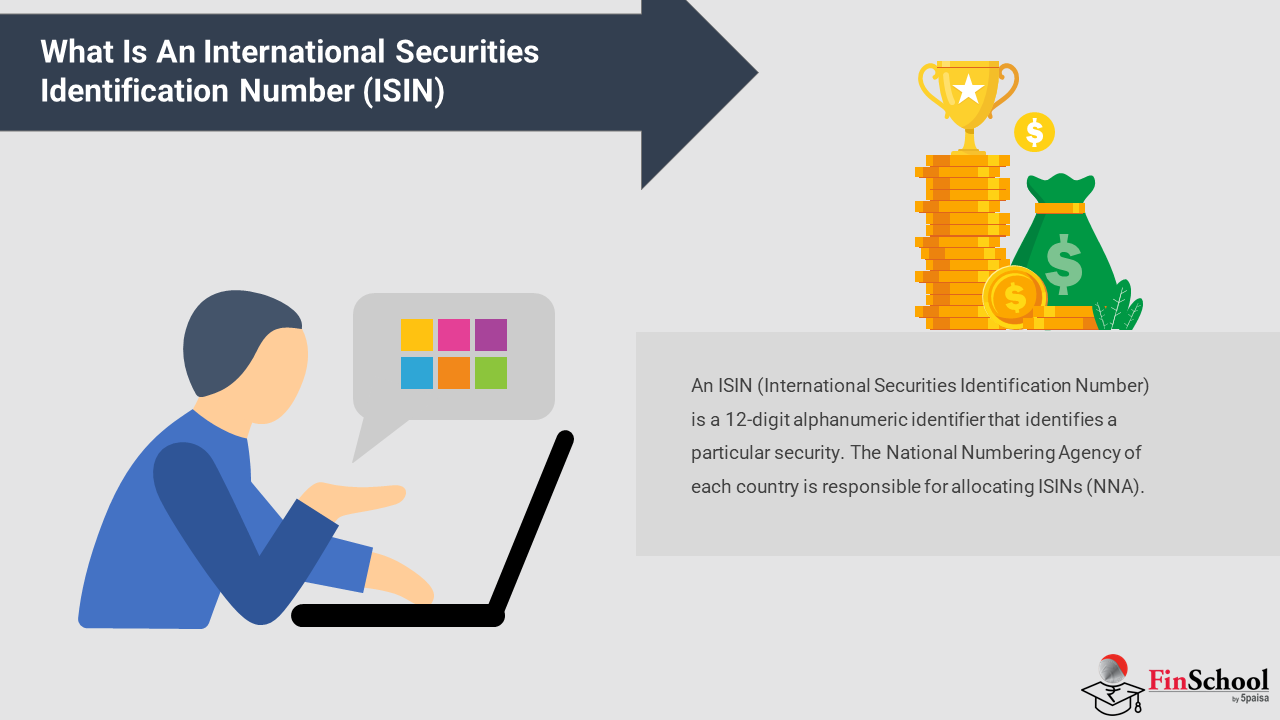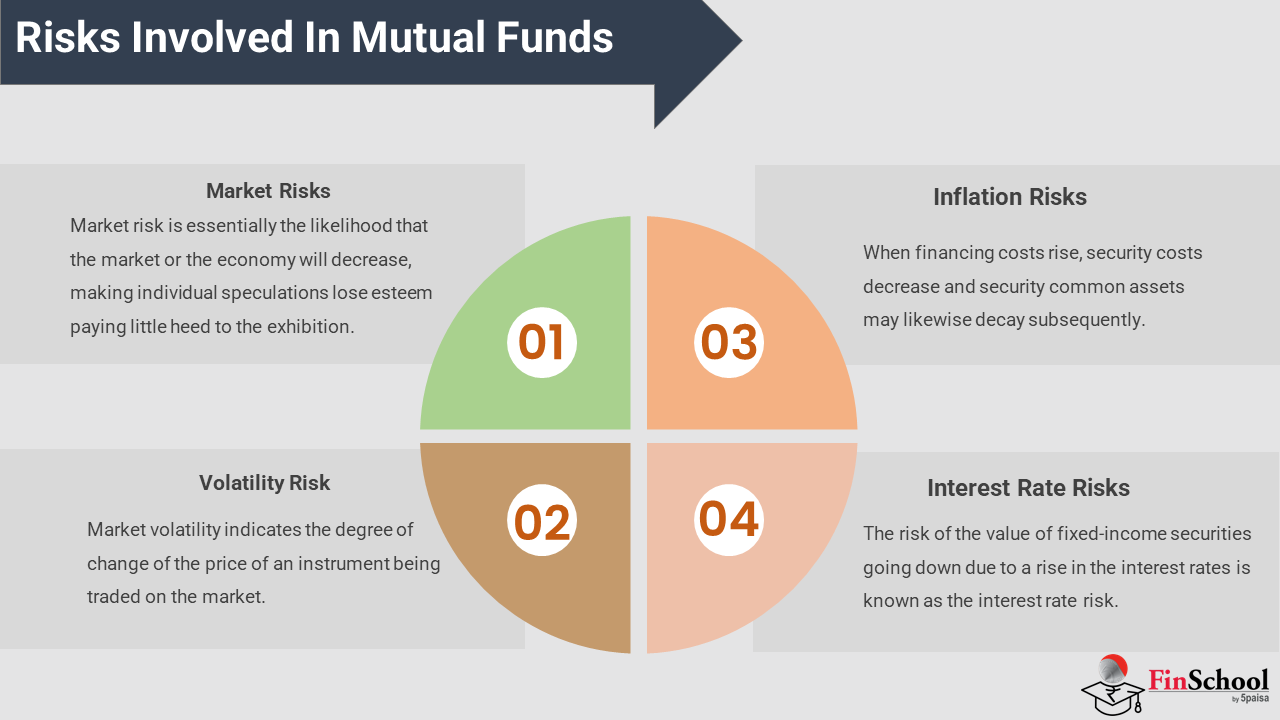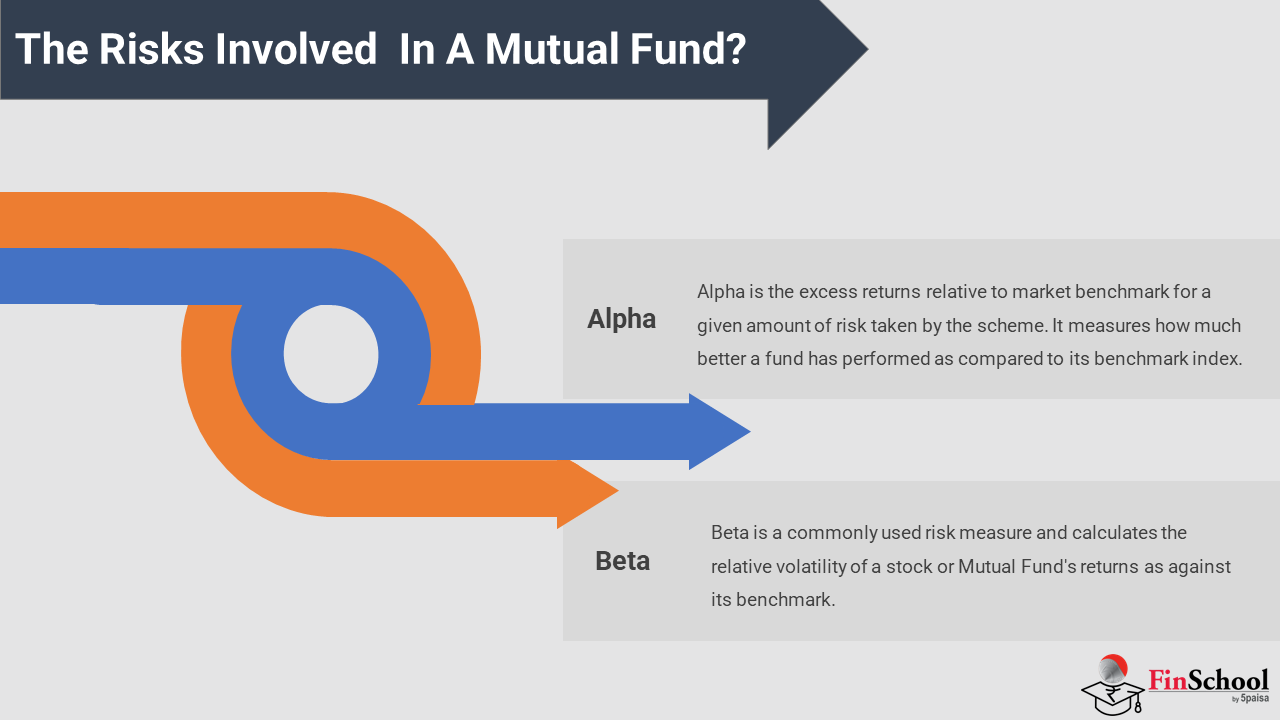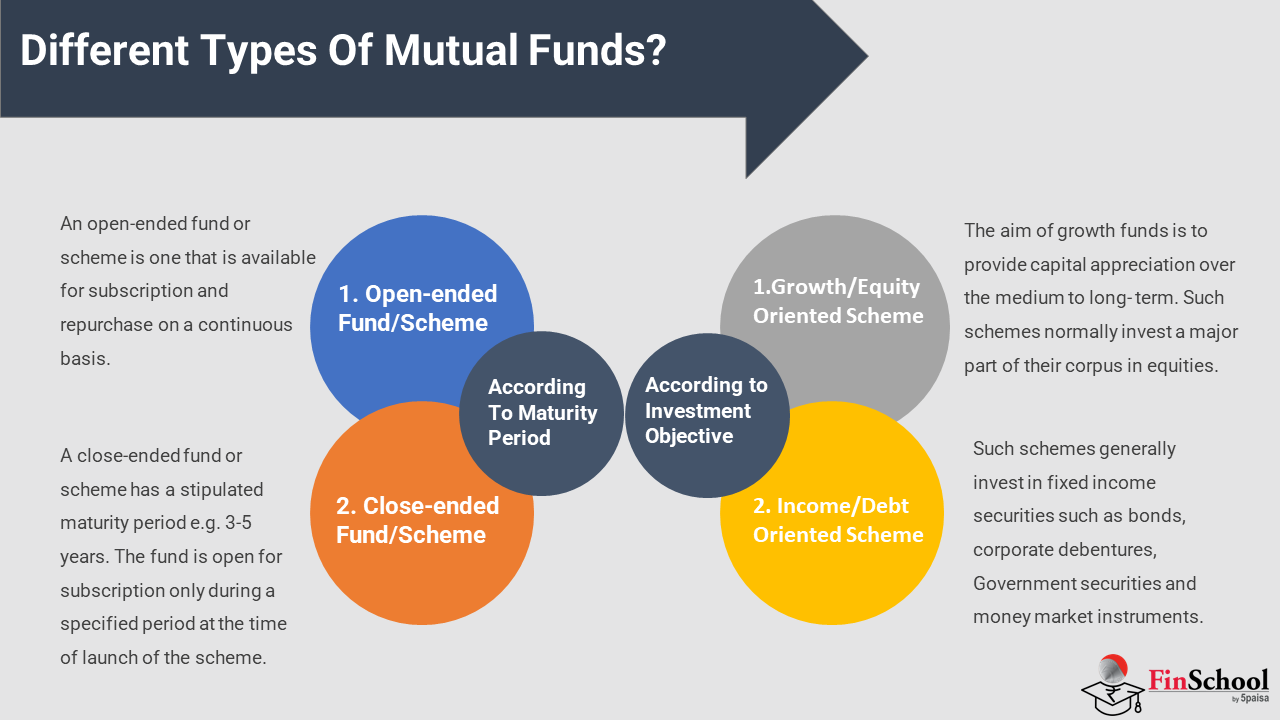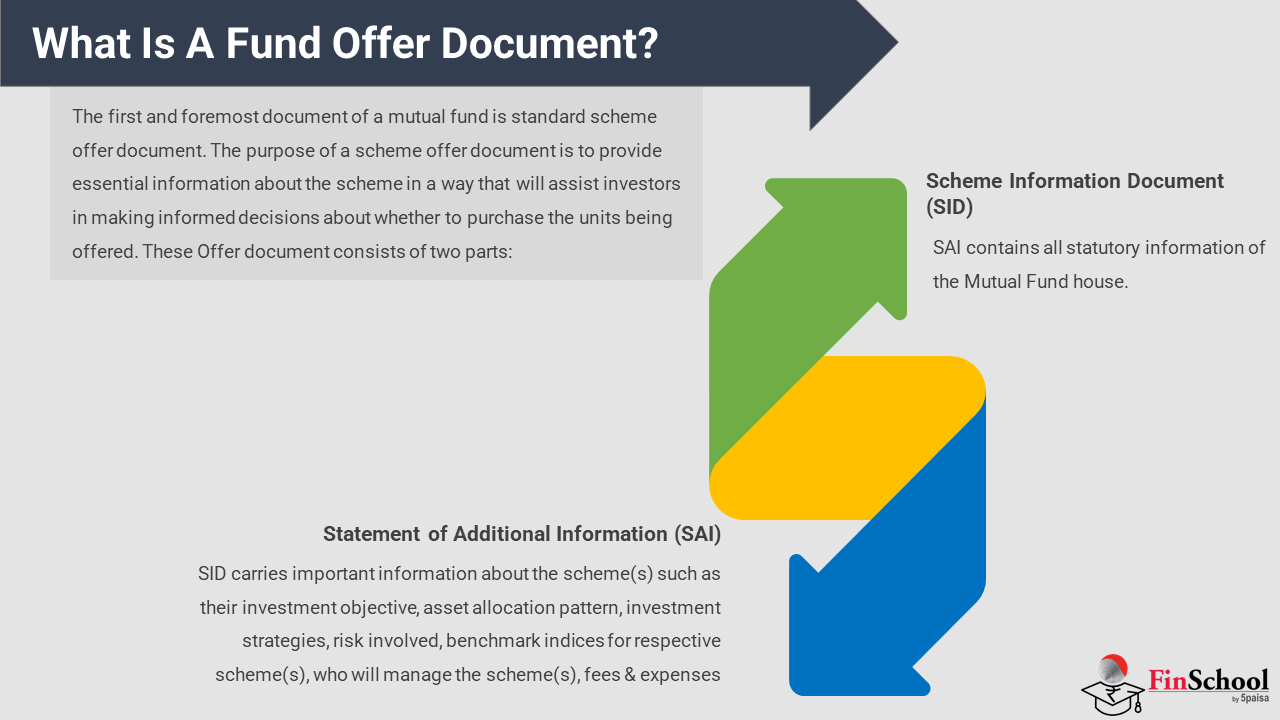- Study
- Slides
- Videos
1.1 What Is Insurance?
- Insurance is a legal contract between two parties. The two parties are insurance companies and the insured. The insurer gives financial coverage for the losses incurred that the insured may bear under any unforeseen circumstances. Let us understand this concept in detail.
- For example if a person meets with an accident or gets admitted to the hospital or wants his family to be financially secured even after his/her death. Such circumstances are not in control of humans and here insurance companies step in and act as support system to tackle unfortunate situations. Legally Insurance is defined as the contract where the insurer agrees to compensate the insured against the losses incurred due to any unforeseen contingency where in consideration is involved known as premium.
- India’s insurance industry is one of the premium sectors which is experiencing tremendous growth. India ranks fifth for life insurance market in the world. There is immense competition the insurance sector is facing as the peers are launching new products and that too innovative ones within the country. The insurance industry in India has total 58 insurance companies out of which 24 are life insurance companies and 34 are non-life insurance companies. Among the life insurers, LIC is the public sector company.
- Insurance sector in India plays a dynamic role as it substantially increases the opportunities for savings amongst the individuals, safeguards their future also it contributes highly to capital markets, thereby increasing large infrastructure developments in India.
- Insurance is the integral part of the financial sector and it helps in protecting against mortality, property and casualty risks and providing a safety net for individual and enterprises in urban and rural areas. The insurance sector encourages savings and provides long term funds for infrastructure development and other long term gestation projects.
- The insurance companies deals with policy and legislative matters as well as the monitoring of performance of both life and non-life segments of the public sector insurance industry.
1.2 What is the Need of Insurance?
Insurance is not a necessity but it acts as a shield to tackle difficult situations. One might think that why insurance is needed when we are healthy, young , have multiple source of income. But this might not be case every time. There can be situations when in spite of having money in your account you cannot utilize it during an emergency. Taking an insurance policy helps out to overcome these difficulties.
The following are the reasons why one should take insurance policy
- Insurance acts as a back up
No humans can see their future. Unexpected emergencies can turn up any time such as accidents, illness and even death can leave family members facing financial stress. In such cases insured person can make their future secured by taking insurance policies.
- Secured Retirement Life
Retirement means a stage of life where a person have to stop going to job for earning income. At this age the person either quits the job aur gets retired and enjoys family life. During this time as all the sources of income have stopped taking insurance policy will be helpful. Insurance companies provides multiple options where one can earn pension like income after retirement.
- Encourages Savings
There are several insurance policies such as money back guarantee which helps to inculcate savings habit by investing. Instead of paying the amount at the time of maturity money back policies start to pay the investor within few years of investment.
- Peace of Mind
Another important reason for taking insurance is it gives peace of mind. Damages incurred due to unfortunate reasons get paid by the insurance companies. At the time of hospitalization insurance companies pays the amount one pays to the hospitals. Thus it helps during the time of crisis.
- Distributes Large Risks
Insurance is a financial instrument in which the losses incurred are distributed over a large group making it bearable for each individual.
- Provides Financial Stability
Business incur a huge loss and it becomes extremely costly for business to bounce back after the major loss of inventory. When insurance companies compensate for such losses it helps the business to achieve financial stability and bounce back easily.
- Helps for Economic Growth
Insurance companies pool a large amount of money of which a part of amount is invested to support investment activities by the government. Due to safety concerns insurers invest in gilts or government securities .
- Generates Long Term Wealth
Insurance is often a long term contract especially life insurance. Life insurance plans can continue for three decades and by this period a large amount gets accumulated which is paid back on maturity to the insured if he survives or else it goes to the nominee.
- Tax Benefits
Payments received from life insurance is tax free if your investments have met few simple conditions. Also premium amount paid gets tax benefit under section 80C. Thus insurance reduces tax liability in the present and the future.
- Long Term Goals Achievement
Insurance plans like guaranteed savings plans and ULIP’s are some of the best retirement savings options available. Present life might be stable and there will be a steady income inflow but future is unpredictable. If saved today future could be secured and long term goals such as retirement and hospital expenses could be saved through insurance policies.
1.3 How Does Insurance Work?
- When the insurer buys insurance policy he or she needs to pay premiums to the insurer. If suppose the insured person makes a claim the insurance companies will pay out for the loss that is covered under the policy. Insurance is a financial product sold by insurance companies to safeguard against the risk of loss or damage or theft.
- Few types of insurance are taken as the law makes it compulsory for example motor insurance for people who drive vehicles, some are taken as a requirement by the financial institution for their security for example Property Insurance, Building Insurance etc. And the rest depends on the individual choice like life insurance and health insurance.
- Insurance is available to help you pay for the damages then be it property, or your health. Insurance market their products and services to customers in different ways. The price companies charge for insurance coverage is subject to government regulation. Insurance companies may not discriminate against applicants or insureds based on factor that does not directly relate to the chance of a loss occurring.
- The insurance policy spells out clearly about the various terms and conditions under which the insurance company is required to pay out the coverage either to the policyholder or their beneficiaries.
- The insurance provider provides a high insurance against a trivial amount of premium as very few insured actually end up claiming insurance. This is the reason why insurance companies take this risk and offer high amount of coverage at a low price. The insurance companies has numerous clients and all of them pay premiums. Also not all the policy holder face damage at the same time.
Insurance companies first access the risk of an individual and charge premiums for various types of insurance coverage. When the damages incur, the insurance company pay you the agreed amount of the insurance policy. The insurance companies pay the amount assured and still make profit. Now how exactly do they do this? Let us understand them
- Evaluating Risk
The insurance companies transfer the risk of an individual to themselves by signing the contract but for doing this they charge premium. Now is the premium decided?? The insurance companies asks certain questions to its customers through which they evaluate the risk of the individual. For example if the age of the person is above 70, he or she is already under high risk of disease due to old age. Now for such cases the insurance companies charge very high premium. If the details shared at the time of taking policy are not correct, the insurance companies may refuse to make payment to the policy holder. This whole process is called underwriting. Underwriters are experts employed by the insurer to carry out this task.
- Shared Risk
If you observe you are not paying the entire sum assured amount to the insurance company. The premium amount is less than the sum assured but still the insurance companies manage to pay your sum assured at the time of emergency. How is this possible?? The insurance companies afford to pay them because it receives premium from many customers and insurance companies operate on the principle of shared risk. All the customers pay certain amount as premium and this amount gets pooled up at the insurance company. Thus when one of the customer needs money that too large amount the company pays the amount from this collected amount. The insurance company sets premium in such a way that it receives money from all its customers to cover the damage as well as they earn the profit also.
- Re-Insurance
Insurance companies consider that if they have lot of policies in any particular area where natural disasters such as flood, earthquake occur frequently and the customers will definitely ask for claim in such cases the insurance companies pass on the risk to other large financial firms that offer re-insurance, meaning they protect themselves for the worst case scenario. The large firms take some extra risk from the insurance company that holds the policies and in return it pays for the services. For major natural disasters, the re-insurance companies pay for the damages incurred instead of the local insurance companies from where the policy was taken.
- Investment Income
Insurance companies over time receives lot of amount as premiums and have to occasionally pay out large amounts. Before paying out for the damages the insurance companies may already have surplus amount which they invest in funds which have less risk and generate substantial income from the investment.



